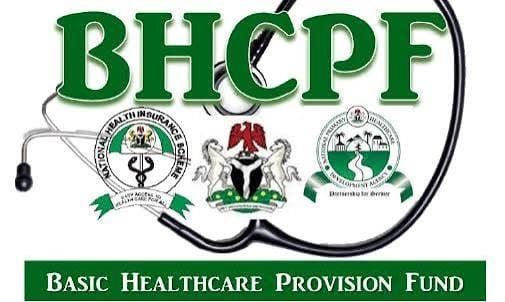
ABUJA, Nigeria — The World Health Organisation (WHO) has called on African governments to prioritise investment in national eye health as new data show that only 26 per cent of Africans have access to cataract surgery — one of the world’s most treatable causes of blindness.
WHO Regional Director for Africa, Dr Mohamed Yakub Janabi, made the call in a statement issued in Abuja ahead of World Sight Day 2025.
He warned that millions risk avoidable vision loss due to poor health infrastructure, limited funding, and weak integration of eye care into primary health systems.
“Vision is not a luxury — it is essential to learning, productivity, and dignity,” said Dr Janabi. “Governments must act urgently so that no one lives in darkness because affordable care is out of reach.”
WHO noted that cataracts and uncorrected refractive errors remain the leading causes of blindness in Africa. However, only 30 per cent of the population can access corrective eye services.
The organisation linked the worsening trend to ageing populations, poor diets, and rising cases of diabetes and hypertension. It urged African nations to implement the 2021 World Health Assembly resolution, which seeks a 30 per cent rise in cataract surgeries and a 40 per cent increase in refractive error services by 2030.
Through programmes like SPECS 2030, WHO said it is expanding affordable eye care in eight African countries while promoting early detection via the WHO Eyes app.




